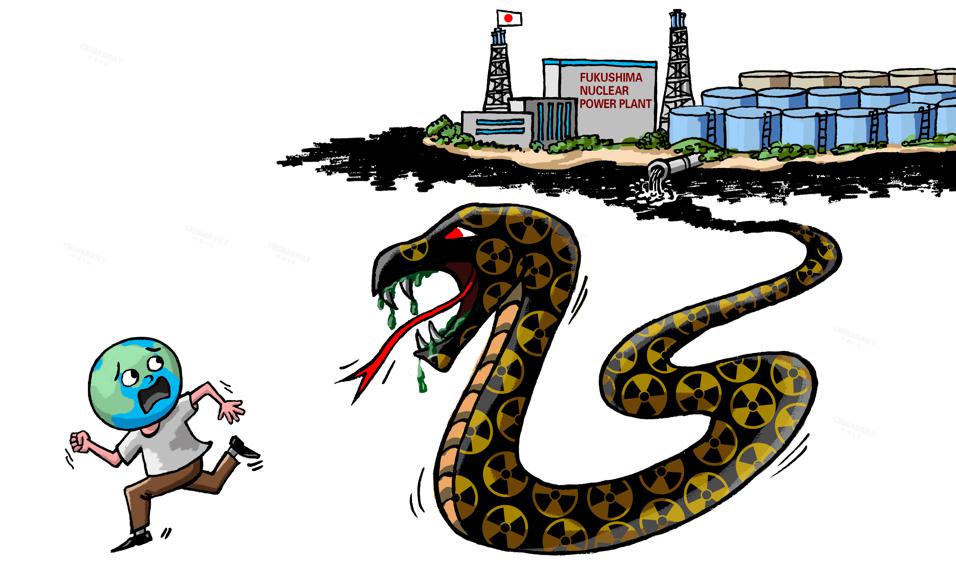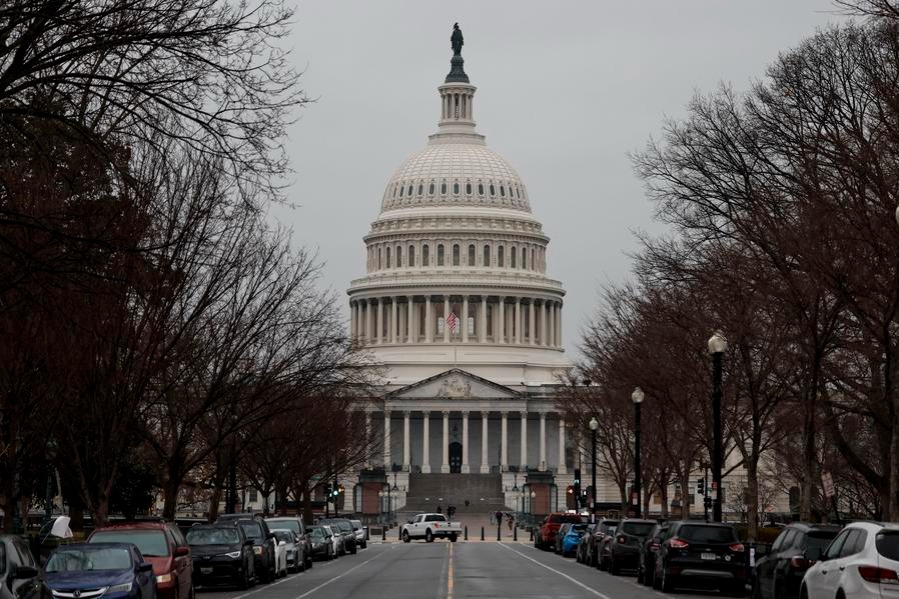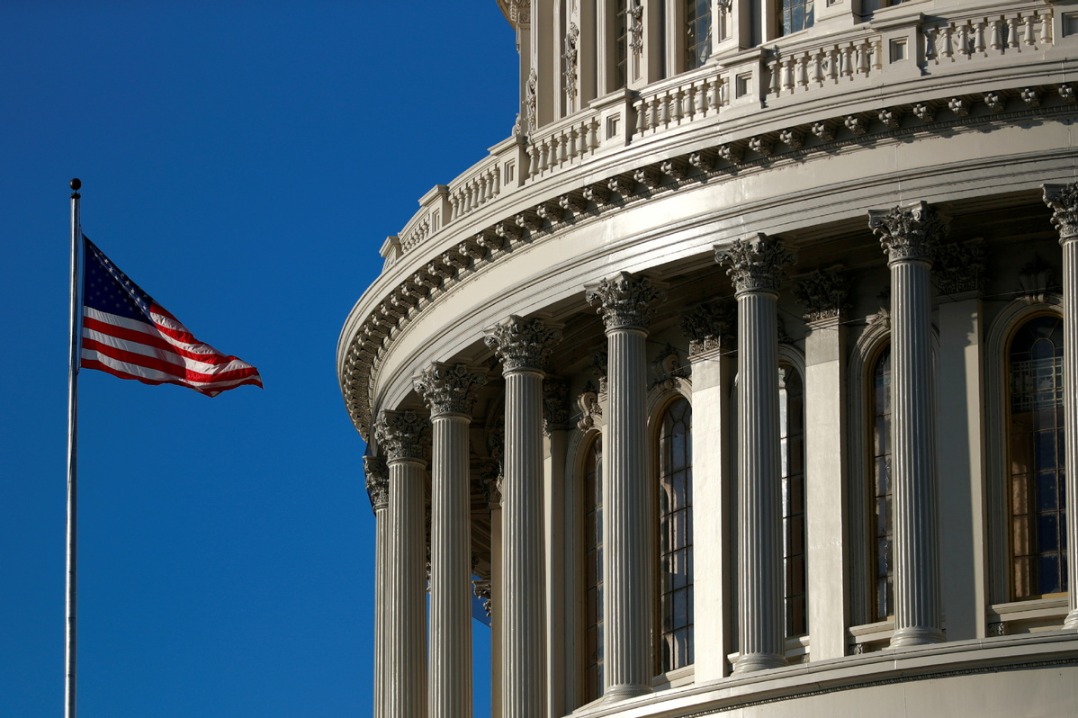Japan threatens planet with radioactive water

A potent threat to people's livelihoods

The Japanese government's unilateral decision to release the nuclear-contaminated water lacks scientific validation and international approval. The radioactive water will cripple the seafood industries of Japan and its neighboring countries, especially those of the Republic of Korea and China, because other countries might restrict the import of their seafood, threatening the livelihoods of tens of thousands of people.
China's seafood production in 2022 reached about 34.5 million metric tons, while the ROK's total seafood production volume was 3.6 million metric tons and value about about $7.11 billion. The seafood industries of both countries might suffer a big blow due to Japan's irresponsible action.
Consumer's safety concerns over aquatic products will cause consumption to plummet, and drive up prices of alternative products such as meat. Actually, Japan's action will have a ripple effect on neighboring countries' seafood processing, distribution and cold-chain logistics sectors, undermining the region's economy as a whole.
The impacts of Japan's decision could spill over into the tourism industries of neighboring countries, as international tourists, wary of radiation effects, may choose to not visit Japan or nearby countries.
Japan's decision has cast a long shadow over its international image as a global powerhouse, which will eventually damage the trustworthiness of its businesses.
Woo Jin-hoon, a guest professor at the International Business School, Beijing Foreign Studies University.


































